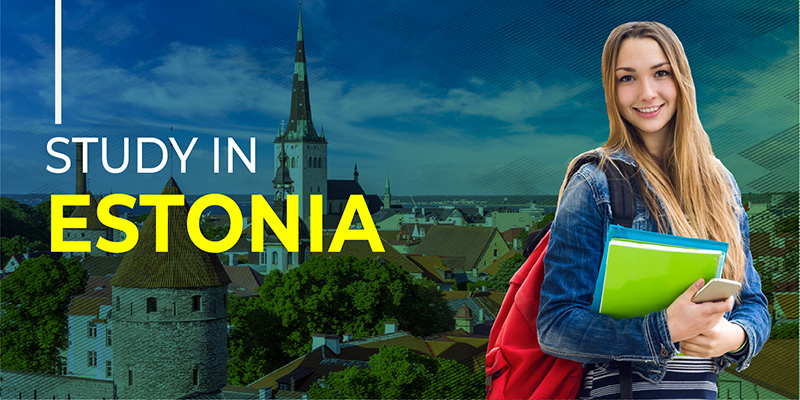
Entry Requirements:
For admission to a university, there are some general and some institution-specific requirements. The general requirements are binding on all higher education institutions. There are no enrolment requirements for exchange students besides an agreement between partner universities.
All applicants to Estonian universities' degree programmes are required to have a qualification giving access to university studies in their home country. Applicants also need to present a certificate of English skills. All internationally recognised language proficiency tests (e.g. IELTS, TOEFL) are accepted, though some institutions may run individual language tests. Usually, the required minimum test result for BA and MA is 6 in IELTS and 72 in TOEFL (IBT). Please check specific English language requirements on the university's admission website, as requirements might be a bit different for each university. Depending on the institution and programme, there might be additional entrance tests such as an interview, written essay, portfolio etc.
Undergraduate students
Applicants wishing to pursue bachelor-level studies are required to have completed their secondary education or an equivalent education level necessary for higher education. Applicants must be eligible for higher education in their own country. Additional qualifying examinations may also be required for admission to higher education institutions in Estonia.
Graduate students
Applicants wishing to pursue master-level studies are required to have completed bachelor-level studies, and those wishing to pursue a doctoral-level studies must have completed master-level studies.
Erasmus students
Twenty-three Estonian higher education institutions participate in the European Community action programme Socrates/Erasmus, the framework for support of European activities of higher education institutions, including exchange of their students and teaching staff. Every participating higher education institution has its own Erasmus coordinator who provides academic information for prospective Erasmus exchange students.
Visiting students
Visiting students are international students who plan to study at the host institution for up to one year at either the graduate or postgraduate level.
